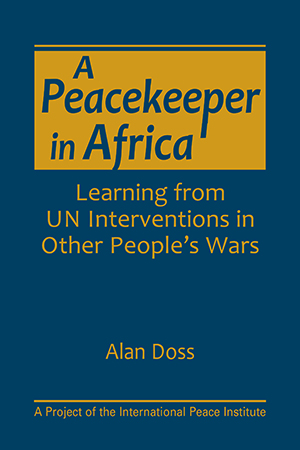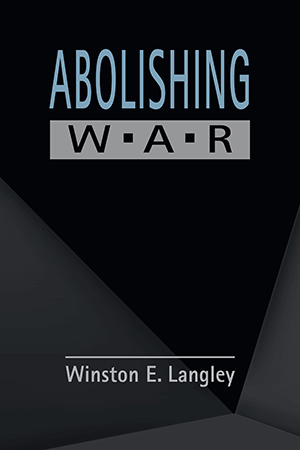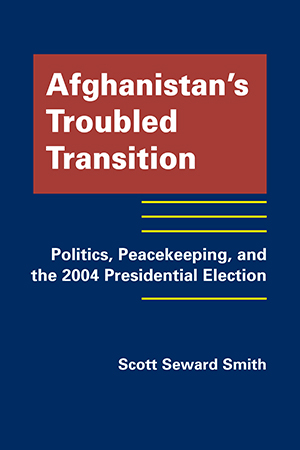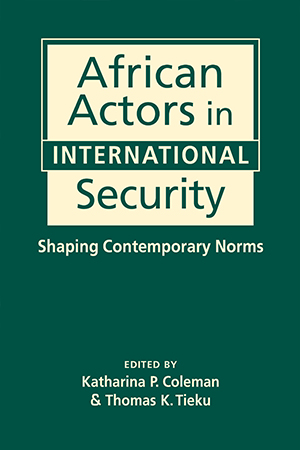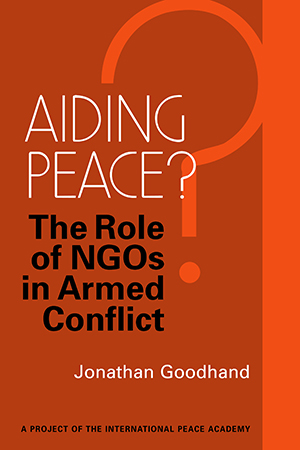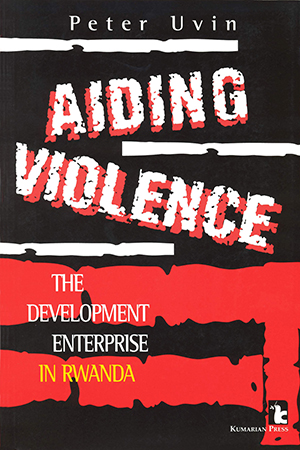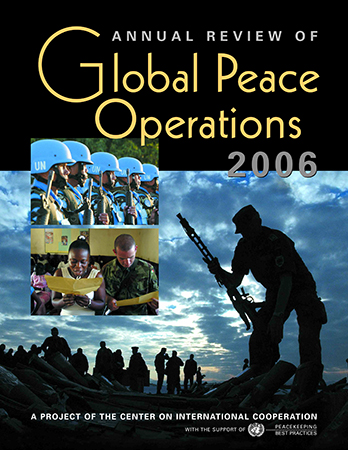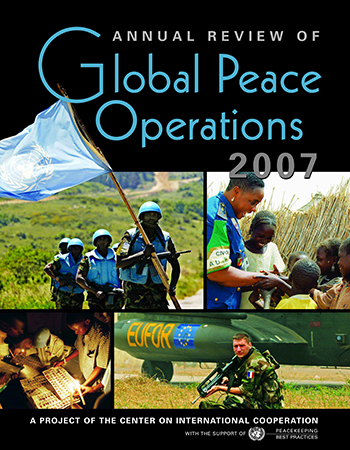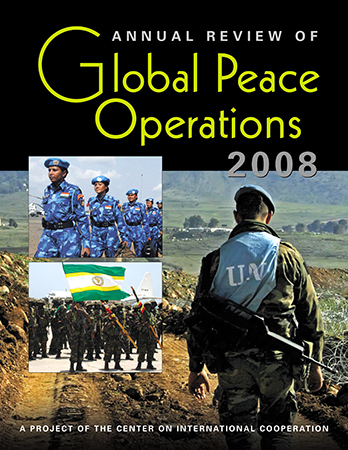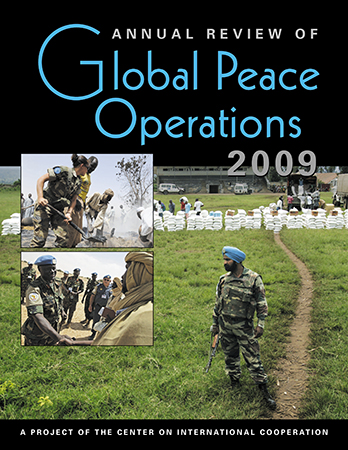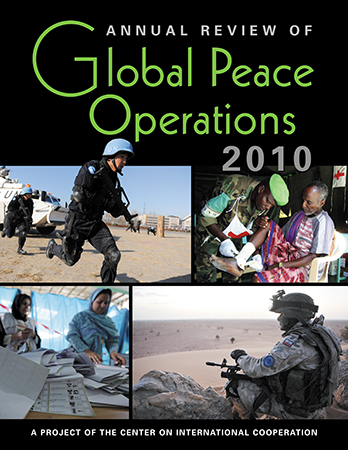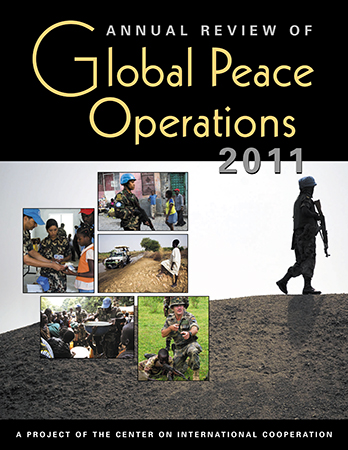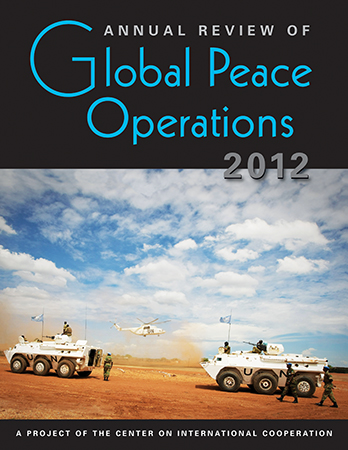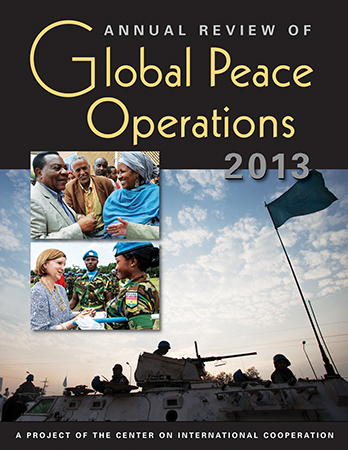Peace & Conflict
Alan Doss offers a rare window into the real world of UN peacekeeping missions in Côte d'Ivoire, Liberia, Sierra Leone, and the Democratic Republic of Congo. Doss's story is More >
In this first comprehensive and critical account of the development of Johan Galtung's thought, Peter Lawler places Galtung's work in the context of past and contemporary debates in More >
Is it possible to abolish war? This is the fundamental question animating Winston Langley's new book. And, though many will disagree, it is a question to which the author is persuaded More >
Scott Seward Smith focuses on Afghanistan's 2004 presidential election—the first popular election ever held there—as he explores the painstaking attempt by the United Nations More >
What impact have African actors had on perceptions of and responses to current international security challenges? Are there international peace and security norms with African roots? How can More >
As nongovernmental organizations play a growing role in the international response to armed conflict—tasked with mitigating the effects of war and helping to end the More >
Winner of the African Studies Association’s Herskovits Award! Aiding Violence expresses outrage at the contradiction of genocide in a country considered at the time by Western aid More >
The world now spends close to $5 billion annually on United Nations peace operations staffed by more than 80,000 military and civilian personnel, and commitments to comparable operations More >
Unique in its breadth and depth of coverage, the Annual Review of Global Peace Operations presents the most detailed collection of data on peace operations—those launched by the UN, by More >
Unique in its breadth of coverage, the Annual Review of Global Peace Operations presents the most detailed collection of data on peace operations—those launched by the UN, by regional More >
Unique in its breadth of coverage, the Annual Review of Global Peace Operations presents the most detailed collection of data on peace operations—those launched by the UN, by regional More >
Unique in its breadth of coverage, the Annual Review of Global Peace Operations presents the most detailed collection of data on peace operations—those launched by the UN, by regional More >
Unique in its breadth of coverage, the Annual Review of Global Peace Operations presents the most detailed collection of data on peace operations—those launched by the UN, by regional More >
Unique in its breadth of coverage, the Annual Review of Global Peace Operations presents the most detailed collection of data on peace operations—those launched by the UN, by regional More >
The 2013 Annual Review of Global Peace Operations provides comprehensive information on all current military and—for the first time—civilian peace operations, more than 130 More >


